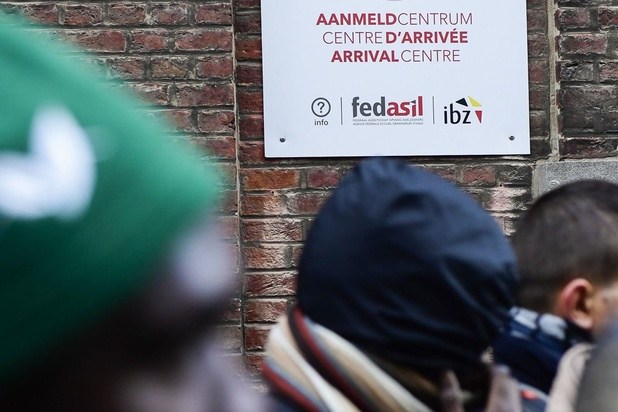Fedasil, Belgium’s federal agency responsible for welcoming asylum seekers, is to take on 200 new employees to deal with the new wave of Ukrainian refugees, according to Belgian publication L’Echo.
Out of a total 30,000 places that are currently available for asylum seekers in Belgium, nearly 94% are now occupied.
Fedasil employees had already been stretched extremely thin prior to Russia's invasion of Ukraine, with an oversaturation of the reception system affecting their ability to process the increasing number of asylum claims last year.
Faced with a new wave of arrivals at the start of March, Brussel’s refugee reception centre on the Boulevard de Waterloo Avenue became overwhelmed, Fedasil relocated its operations to a larger location at Palais 8 of the Brussels Expo building in Heysel.
Related News
- 'Only taking in Ukrainian refugees is illegal,' says Migration Minister
- New Ukraine refugee registration centre opens in Brussels
As a result of the move, Fedasil had to find another 140 full-time staff to work at the Heysel centre, placing even greater strain on the agency’s regional teams.
Vacancies for French and Dutch-speakers
According to Belgium’s State Secretary Sammy Mahdi, Fedasil will now seek to hire 100 new French-speakers and 100 Dutch-speakers to work in the Molenbeek and Bordet locations.
According to Mahdi, it is important that Fedasil employees do not become too pressured by the influx of Ukrainian refugees.
“Our employees are very flexible to manage the sudden registration and reception of refugees from Ukraine,” the minister said, “However, it is important that employees can resume their regular duties.”
Around 6,000 refugees from Ukraine have found emergency housing provided by Fedasil, says Madhi. More than 1,500 people are processed a day at the new reception centre in Heysel, but that number can be increased to 3,000, Mahdi assures.
The Belgian government has been frequently criticised over its reception of refugees. Ukrainians queuing in front of reception centres complained that the government efforts were poorly coordinated and dehumanising.

